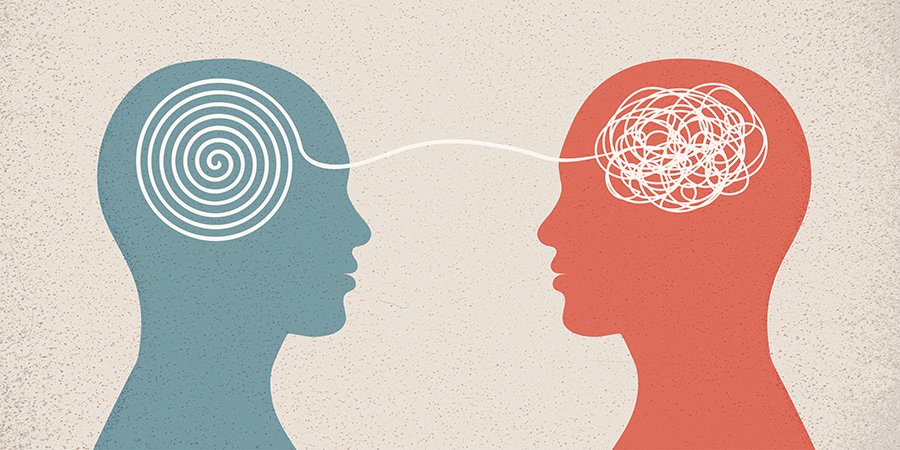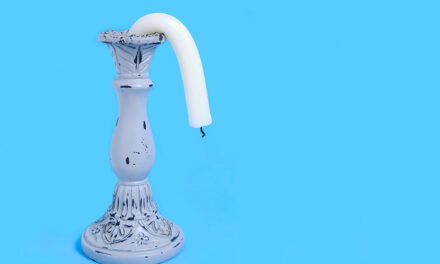Biologists have adopted the term “stress” from engineering, where it signifies the capacity to endure a defined amount of strain. Dr. Hans Selye, a prominent medical figure renowned for his expertise in stress, defines it as “a state characterized by a specific syndrome involving all the non-specifically induced changes within a biological system.”
The term encompasses any condition that harms the body, causing damage or the death of cells. The body attempts to repair damaged cells promptly, contingent on the availability of essential nutrients in the diet. If the rebuilding of cells cannot keep up with their destruction, it leads to disease. Common diseases associated with stress include heart disease, diabetes, headaches, and peptic ulcers. Other stress-related conditions encompass ulcerative colitis, chronic dyspepsia, asthma, psoriasis, and sexual disorders.
Responses to stress vary widely, as not every situation induces stress universally. Factors contributing to stress can range from family matters, work dynamics (with superiors or subordinates), traffic, communication challenges, workload fluctuations, financial issues, decision-making, mundane job routines, lack of authority, to concerns about the future.
Symptoms
The body and mind respond to any stress factor with a multitude of physical changes occurring during stress-induced arousal. The brain and nervous system intensify their activity, causing pupil dilation, slowing of digestion, muscle tension, increased pumping of blood by the heart, elevated blood pressure, accelerated breathing, and the release of hormones like adrenaline and glucose from the liver. Sweating also ensues.
Under the guidance of the nervous system, these changes unfold in a split second. If the stress factors are promptly eliminated, no harm is incurred, and all the changes reverse. In its early and reversible stage, stress leads to issues like poor sleep, irritability, persistent complaining, extended work hours with reduced productivity, conflicts within the family, frequent minor illnesses, increased absenteeism, prolonged absences due to sickness, proneness to accidents, feelings of frustration and persecution from colleagues, and complaints about a lack of cooperation, along with an uptick in alcohol intake.
Recognizing these symptoms early is crucial, and remedial measures should be taken to address them. However, if stress persists or recurs frequently, a range of symptoms may manifest, including dizziness, muscle stiffness, headaches, vision problems, breathing difficulties, asthma, allergies, palpitations, digestive issues, irregular blood sugar levels, backaches, skin problems, bowel disorders, and sexual difficulties.

Causes
Stress can stem from a range of factors, originating both externally and internally. External triggers encompass elements such as loud noises, intense lights, extreme temperatures, exposure to radiation like x-rays, drugs, chemicals, bacteria, and various toxic substances, as well as experiences of pain and insufficient nutrition. Internally, stress may be generated by emotions like hate, envy, fear, or jealousy.
Treatment
In managing stress, a complete lifestyle overhaul is recommended. This involves adopting an optimal diet that meets the nutritional demands imposed by stress. The ideal diet should consist of foods that, when combined, supply all essential nutrients. A balanced approach involves including liberal quantities of seeds, nuts, and grains, vegetables, and fruits in each meal. To enhance nutritional intake, these foundational foods should be complemented with specific items such as milk, vegetable oils, and honey.
Certain foods prove helpful in addressing stress demands and should be regularly incorporated into the patient’s diet. These include yogurt, blackstrap molasses, seeds, and sprouts. Yogurt, rich in vitamins A, B complex, and D, aids in relieving insomnia, migraines, and menstrual cramps. Blackstrap molasses, a by-product of sugar refining, is iron and B vitamins-rich, guarding against anemia and benefiting heart health. Seeds like alfalfa, sunflower, pumpkin, and sprouts are calcium-rich, effectively combating listlessness and anxiety. Steam-cooked vegetables are preferable to boiling, as boiling may cause the loss of vitamins and minerals into the water.
The leaves of holy basil, known as tulsi, are highly beneficial in stress treatment, functioning as adaptogens or antistress agents. Recent studies indicate that these leaves significantly protect against stress, suggesting that even healthy individuals should chew 12 basil leaves twice a day for stress prevention.
Certain nutrients, including vitamins A and B, and minerals like calcium, potassium, and magnesium, prove beneficial in alleviating stress-induced symptoms. Green and yellow vegetables are sources of vitamin A, while cashews, green leafy vegetables, yeast, sprouts, and bananas are rich in vitamin B. Pantothenic acid, a component of the vitamin B complex, plays a crucial role in preventing stress, affecting adrenal glands and the immune system. Potassium, essential for healthy heart muscles, is found in nuts and unrefined grains. Calcium, a natural sedative, can be obtained from dairy products, eggs, almonds, and soybeans. Magnesium, known as nature’s tranquilizer, is associated with preventing heart attacks and can be found in various fruits, vegetables, seeds, dates, and prunes.
Certain foods are linked to stress and anxiety and should be carefully avoided. These include caffeine, many soft drinks, salt, cigarettes, and alcohol, all of which have been associated with adverse effects on the nervous system, heart health, and mental well-being.
Regular physical exercise plays a vital role in combating stress, keeping the body physically and mentally fit, providing recreation, and facilitating mental relaxation. Exercise is nature’s best tranquilizer and can take various forms based on personal preferences, including jogging, running, walking, or playing games. Walking, in particular, is a simple and safe exercise, recommended for about 45 minutes daily. Yogic asanas, kriyas, and pranayams are effective shock absorbers against stress, contributing to general health maintenance and mental relaxation.
Recreation and rest are equally crucial, and you should allocate specific times for recreational activities and take regular holidays. Simplifying lifestyles to eliminate unnecessary stress is paramount in achieving long-term stress management.
Source: Health Library (archives)



















